Working Americans believe they will need $1.1 million to live comfortably in retirement, according to the 2022 “Schroders U.S. Retirement Survey.” But for many, that amount is out of reach. In fact, the survey said 56% expect to have less than $500,000 saved, including 36% who anticipate having less than $250,000.
But retirement isn’t all about the money, as noted by WalletHub in its latest report, “2022’s Best & Worst Places to Retire.” It’s also about living in a place that is safe, having good healthcare, having lots of ways to spend leisure time, and enjoying good weather.
So if you are looking for that ideal place where you can stretch your dollar without sacrificing your lifestyle, WalletHub has done the work for you. The personal financial website compared the retirement friendliness of 182 cities using four key measures—affordability, activities, quality of life and healthcare. The research also included the 150 most populated U.S. cities, plus at least two of the most populated cities in each state.
WalletHub analyzed these four key facets using 46 metrics relevant to retirement friendliness. These metrics included a city’s adjusted cost of living; its taxes; the annual cost of healthcare; the share of the population age 65 and older; people’s access to public transportation; the number of museums, theaters, golf courses, senior centers and bingo halls per capita; family medicine physicians per capita; home health aides per capita; healthcare facilities per capita; air and water quality; and violent crime and property crime rates.
Each metric was graded on a 100-point scale, with a score of 100 representing the most favorable conditions for retirement. WalletHub then determined each city’s weighted average across all metrics to calculate its overall score and used the resulting scores to rank each city. It should be noted that the sample considered only the city proper in each case and excluded cities in the surrounding metro area.
The following cities are WalletHub’s top 15 best places to retire. The numbers (save for the total score) represent the relative rank of a city, where a rank of “1” represents the best conditions for that metric category.
15. ST. PETERSBURG, Fla.
Total Score: 54.55
Affordability: 34
Activities: 39
Quality of Life: 28
Healthcare: 87
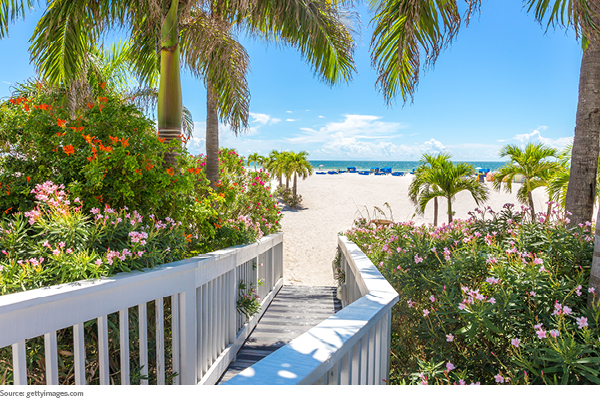
14. DENVER, Colo.
Total Score: 54.65
Affordability: 89
Activities: 19
Quality of Life: 65
Healthcare: 69

13. ATLANTA, Ga.
Total Score: 55.03
Affordability: 49
Activities: 5
Quality of Life: 128
Healthcare: 114

12. MINNEAPOLIS, Minn.
Total Score: 55.78
Affordability: 136
Activities: 4
Quality of Life: 71
Healthcare: 20

11. CASPER, Wyo.
Total Score: 55.95
Affordability: 5
Activities: 66
Quality of Life: 35
Healthcare: 108

10. SALT LAKE CITY, Utah
Total Score: 56.07
Affordability: 50
Activities: 10
Quality of Life: 123
Healthcare: 59

9. TAMPA, Fla.
Total Score: 56.32
Affordability: 34
Activities: 11
Quality of Life: 80
Healthcare: 91
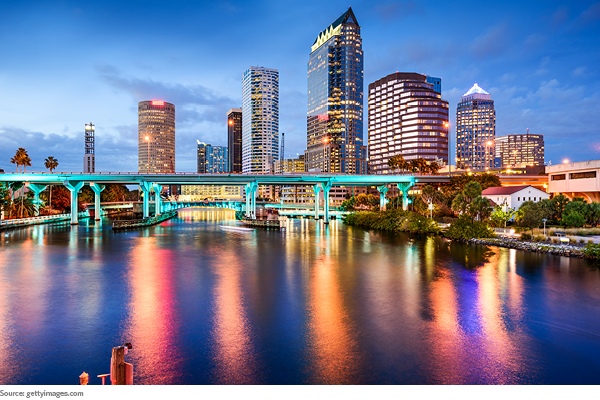
8. WILMINGTON, Del.
Total Score: 56.62
Affordability: 53
Activities: 20
Quality of Life: 150
Healthcare: 7

7. SCOTTSDALE, Ariz.
Total Score: 56.69
Affordability: 66
Activities: 28
Quality of Life: 4
Healthcare: 71

6. SAN FRANCISCO, Calif.
Total Score: 56.81
Affordability: 160
Activities: 2
Quality of Life: 22
Healthcare: 18

5. FORT LAUDERDALE, Fla.
Total Score: 57.21
Affordability: 87
Activities: 12
Quality of Life: 52
Healthcare: 31
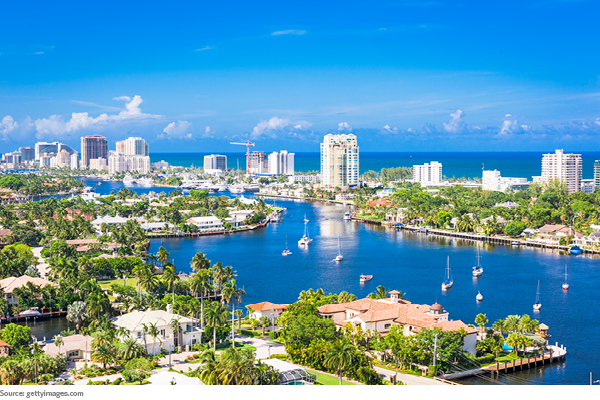
4. MIAMI, Fla.
Total Score: 57.37
Affordability: 78
Activities: 7
Quality of Life: 94
Healthcare: 25
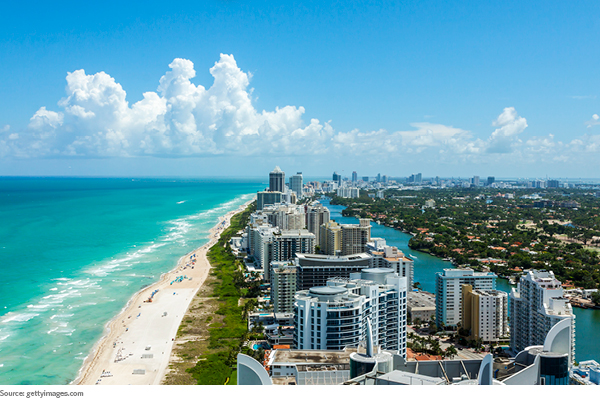
3. CINCINNATI, Ohio
Total Score: 57.88
Affordability: 98
Activities: 3
Quality of Life: 66
Healthcare: 49

2. ORLANDO, Fla.
Total Score: 58.23
Affordability: 24
Activities: 16
Quality of Life: 77
Healthcare: 53
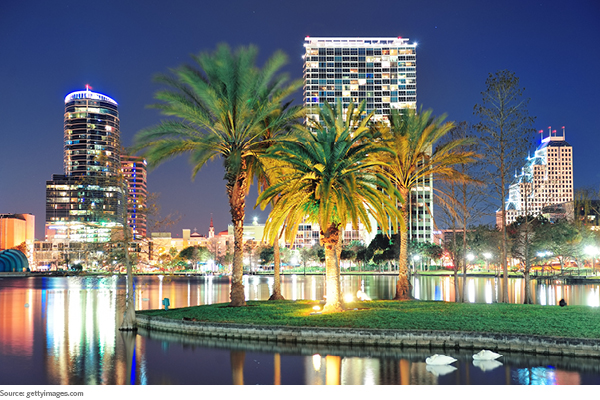
1. CHARLESTON, S.C.
Total Score: 58.97
Affordability: 21
Activities: 15
Quality of Life: 75
Healthcare: 48
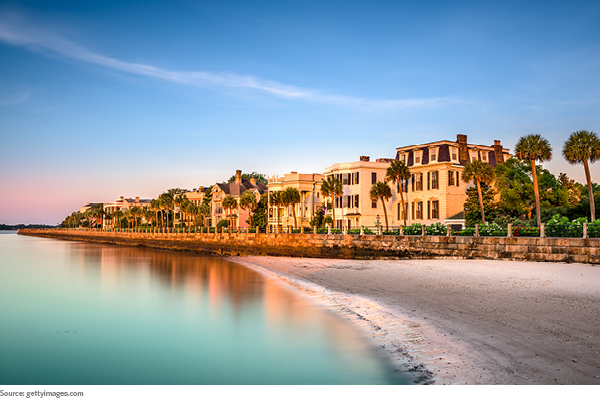
The full report can be viewed here.








